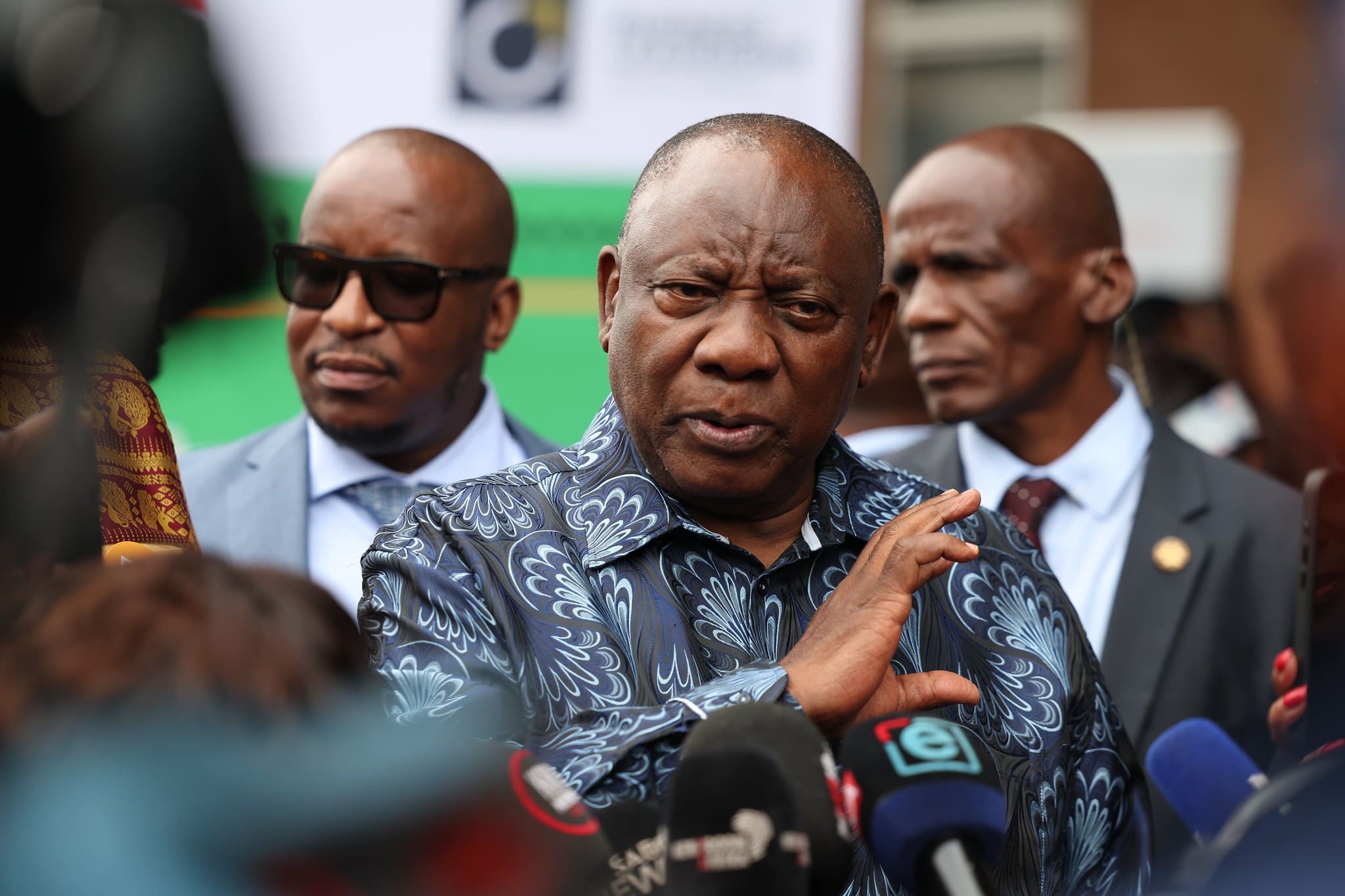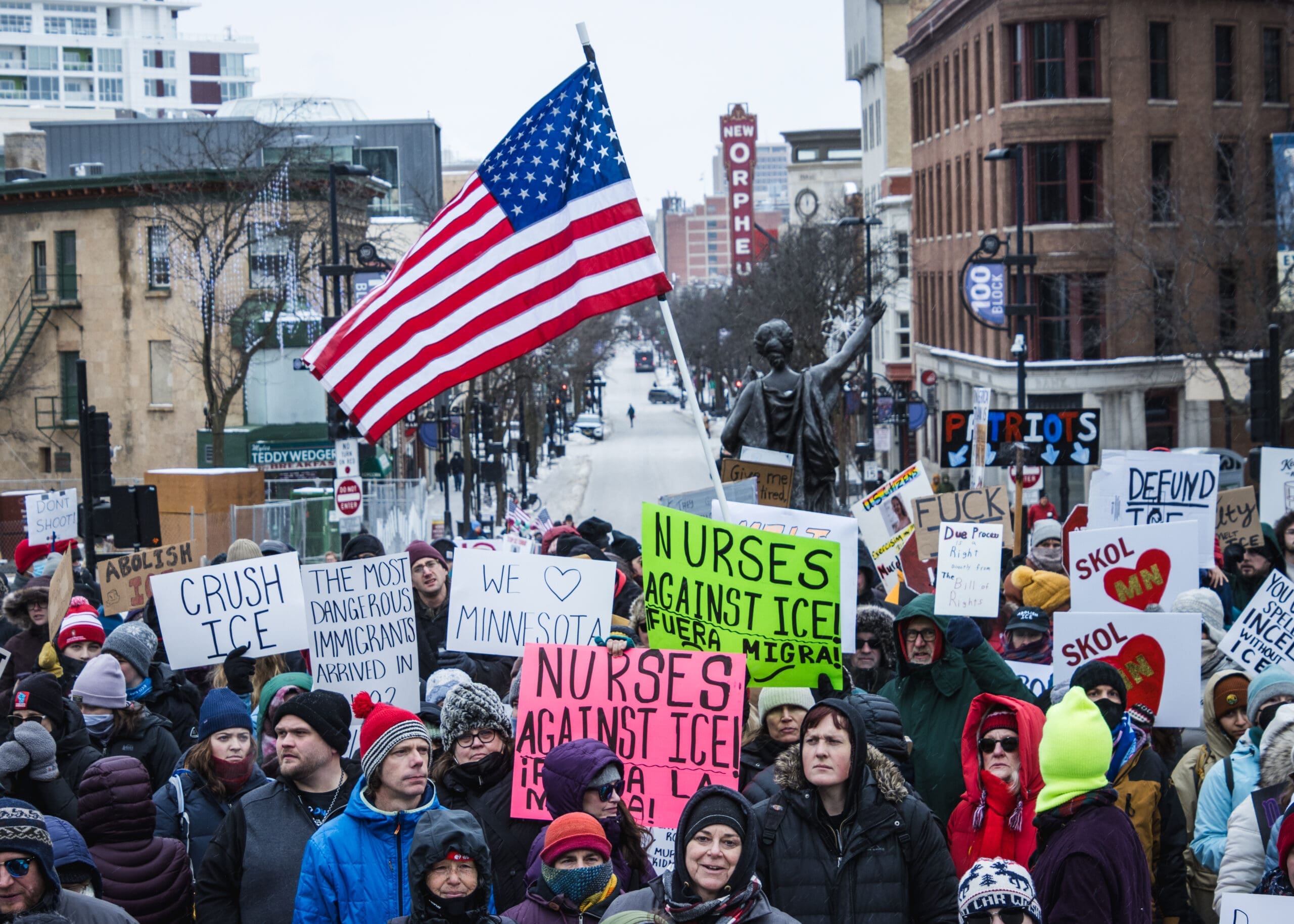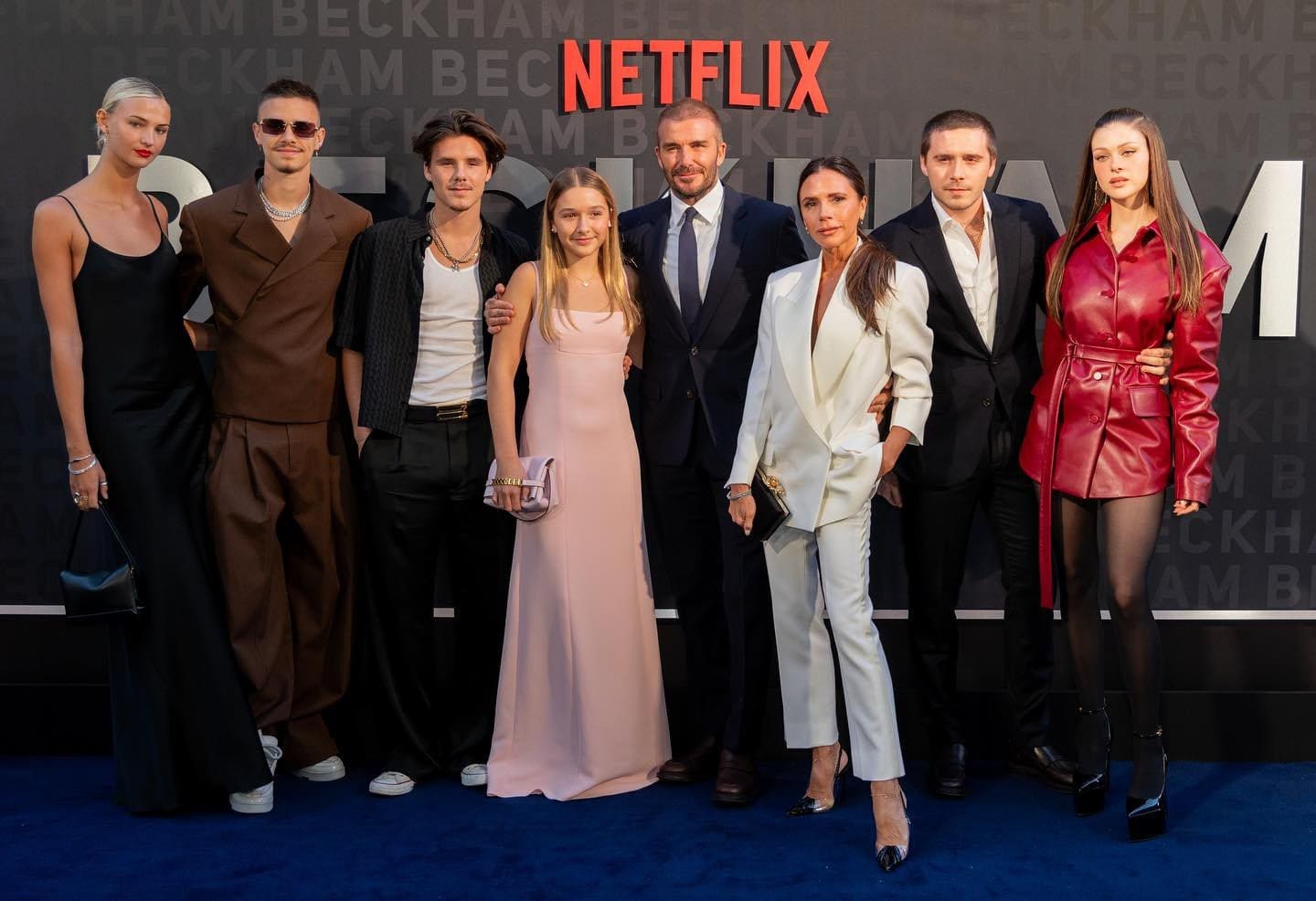South Africans have just a few weeks to prepare for a rise in the cost of living: from 1 May, the Value-Added Tax (VAT) rate will increase from 15% to 15.5% unless Parliament pulls off a last-minute intervention. But while consumers brace for impact, the two biggest players in the Government of National Unity (GNU) are locked in a standoff over the budget VAT hike, each accusing the other of bad faith in a clash that threatens to unravel the coalition.
The VAT increase was announced by Finance Minister Enoch Godongwana in his March Budget speech. That means South Africans will soon be paying R15.50 VAT on every R100 of taxable goods, up from R15, a bitter pill for many in an economy still battling unemployment, inflation and sluggish growth.
Why the VAT increase is going ahead (for now)
Despite fierce opposition and no formal parliamentary approval, the VAT hike is set to go ahead. That’s because under South Africa’s VAT Act, once the finance minister announces a change in the Budget speech, it takes effect on the date he specifies (in this case, 1 May) even if Parliament is still debating it.
Technically, Parliament can block the hike by passing an amendment to the Rates Bill. But with MPs still tied up in oversight visits and constituency work until 22 April, and no sittings scheduled until May, it’s too late to stop the increase before it kicks in.
Godongwana says the increase will raise R13.5 billion for the 2025/26 financial year – money the state sorely needs. But critics argue the government is choosing to target the poor to plug the gap.
A bitter ‘divorce’ within the GNU?
ActionSA, which backed the Budget on condition the VAT hike be reviewed, is now under pressure to explain itself. But party leader Herman Mashaba is standing firm, stating that the party is and has always been opposed to the VAT hike. “ActionSA took the responsible step to end the budget impasse,” said Mashaba, noting that the party put in place “strict condition[s] that both the VAT increase and income tax bracket creep are removed”.
ActionSA MP Alan Beesley’s proposal to scrap the VAT increase was included in the finance committee’s report, however as Godongwana clarified: “The report adopted by the National Assembly does not mean that the tax increases will be scrapped; it means only that they are on the table for discussion.”
“We are not tricksters; we don’t trick people. We engaged with ActionSA, and they said they don’t want VAT; that’s not tricking anyone,” said the African National Congress’s (ANC) secretary-general Fikile Mbalula, defending the negotiations.
The Democratic Alliance (DA) voted against the fiscal framework (a key part of the budget) and has since taken the VAT fight to court, arguing that the process is unconstitutional. This triggered fury from the ANC and sparked calls to “reset” the GNU.
“The DA must file the papers that say ‘We are divorcing ourselves from the GNU. We are comfortable sitting in the opposition benches’, but so far, they have not,” Mbalula said during a fiery press briefing.
He accused the DA of “persistent sabotage and bad faith” and “contempt for transformation” while also warning that “consequences must follow for parties that undermine collective decisions.”
DA federal chair Hellen Zille, however, hit back hard, saying the DA had been nothing but loyal to the GNU: “We haven’t been unfaithful to this marriage. We have never sought support or backroom negotiations with people who are not part of the GNU. We’ve always been loyal. We’ve always raised our differences within the GNU, and we’ve always sought solutions within the GNU.”
Who’s in, and who’s out? Coalition politics are in flux
The VAT battle has spilled into a full-blown GNU crisis.
While the Freedom Front Plus also voted against the Budget, its leader, Corné Mulder, made it clear the party won’t be exiting the GNU just yet. He criticised the ANC for seeking support “outside of the GNU to steamroller the Fiscal Framework”, calling it a “clear lack of commitment to make the GNU work.”
The Inkatha Freedom Party (IFP), however, is supporting the coalition and the Budget.
“In light of the country’s pressing fiscal challenges, the IFP understands the increase in VAT as a necessary measure to bolster government revenue and ensure continued service delivery,” said party president Velenkosini Hlabisa. “We recognise that the decision to increase VAT is not taken lightly, as it impacts all South Africans. However… this measure is a responsible step towards economic stability,” he added.
Meanwhile, the VAT clock is ticking
The pressure is mounting. The ANC has until 6 May to resolve the Budget standoff and stabilise the GNU. This is a tall order, considering just how fractured the coalition has become.
This week, tensions escalated dramatically. The ANC threatened the DA with “consequences” for its contempt for transformation following the DA’s vote against the fiscal framework and its legal challenge of the VAT hike.
Behind the scenes, a series of critical meetings is now underway. ANC secretary-general Fikile Mbalula is meeting parties both inside and outside the GNU. Chief whip Mdumiseni Ntuli is engaging with GNU partners in Parliament, and President Cyril Ramaphosa is expected to meet with GNU leaders on Friday.
In addition, parties that supported the 2025 fiscal framework have been summoned to a meeting this morning at the Inanda Club in Sandton. In letters sent out late Tuesday and seen by News24, Mbalula said: “The purpose of the meeting is to discuss the Budget impasse in Parliament, as we collectively and variously seek to advance the interests of all South Africans as political parties.”
According to media statements released by both ActionSA and the ANC, the meeting sought to find viable alternatives to the proposed VAT increase. “No discussion of any kind took place regarding a reconstituted GNU,” according to ActionSA National Chairperson, Michael Beaumont.
All this follows an urgent meeting of the ANC’s National Working Committee on Monday, where the party discussed whether the DA should stay in the GNU after voting against the Budget.
Addressing the media on Tuesday, Mbalula confirmed the ANC’s intention to complete all engagements before 6 May. But even if the parties find a way forward politically, the VAT increase is still on track for 1 May.
As it stands, millions of South Africans will feel the impact of a Budget that’s still being debated and a government coalition that’s still trying to decide whether it’s even working.
Emma is a freshly graduated Journalist from Stellenbosch University, who also holds an Honours in history. She joined the explain team, eager to provide thorough and truthful information and connect with her generation.




